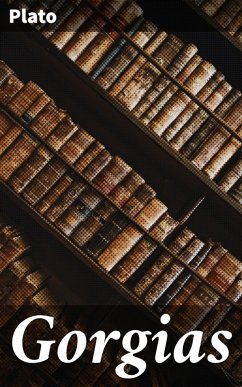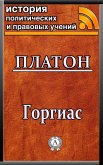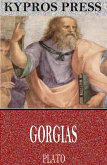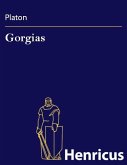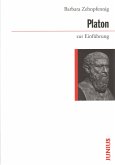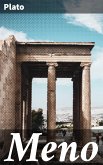In "Gorgias," Plato deftly weaves a profound exploration of rhetoric, ethics, and the nature of justice through a series of dialogues primarily featuring Socrates and the sophist Gorgias. This philosophical text is characterized by its Socratic method, where dialectical reasoning exposes the limitations of rhetorical persuasion and prompts the reader to consider the moral implications of speaking truth versus merely speaking effectively. Set against the backdrop of Athenian democracy, Plato critiques the sophists' emphasis on persuasion over genuine knowledge, ultimately delineating the tension between rhetoric and philosophy as paths to truth. Plato, a pivotal figure in Western philosophy and a student of Socrates, wrote "Gorgias" in a period marked by philosophical inquiry and debate. The influence of Socratic thought is profoundly evident as Plato grapples with the implications of rhetorical power in the hands of those who prioritize personal gain over the pursuit of virtue. This work reflects the societal concerns of his time, particularly the erosion of moral values amidst political machinations, informing his philosophical trajectory. "Gorgias" is essential for anyone seeking to understand the foundations of Western thought regarding ethics and rhetoric. It serves not only as a critique of sophistry but as a timeless reflection on the responsibilities that accompany the power of speech. Readers will find themselves engaged in a timeless dialogue that challenges them to consider the deeper implications of their own communicative practices.
Dieser Download kann aus rechtlichen Gründen nur mit Rechnungsadresse in A, B, BG, CY, CZ, D, DK, EW, E, FIN, F, GR, H, IRL, I, LT, L, LR, M, NL, PL, P, R, S, SLO, SK ausgeliefert werden.

